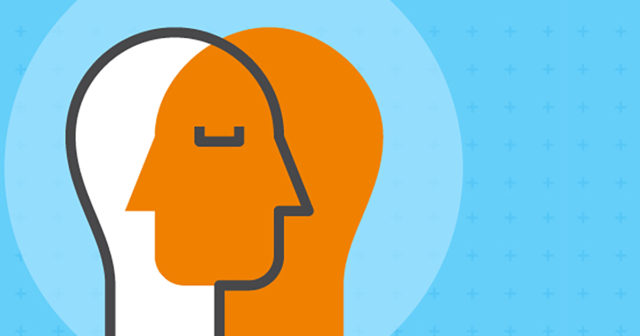
“Through empathic listening, the listener lets the speaker “I understand your problem and how you feel about it. I am interested in what you are saying and I am not judging you.“
This piece of information is extracted from Barbara A. Bullen’s book, “Mediation: A Training & Resource Guide for the Mediator“.
While I read and contemplated this piece of text, I remembered a few incidents of myself listening non-empathically. Reflecting back to my own actions, I have made plenty of mistakes in listening to other people, and being aware of them is usually my first step in correcting them.
“UNDERSTANDING” WITHOUT ACTUALLY UNDERSTANDING
One of the most common mistakes I have found myself doing repeatedly was saying “I understand your problem” without actually understanding it to the full context. A few years back, I remember I was with one of my trainees, and he was sharing his career related confusion with me. The speaker was sharing his feeling about the career choices he had made in his undergraduate years, and I was thinking of a similar incident in my mind. My thoughts at that moment were being clouded by the similarity of the event that occurred in my life. That is where I was not being fully conscious and empathic towards the speaker.
JUMPING INTO ADVICES
Another mistake I now realize I have been doing was to jump into advice. As a consultant to various individuals and organizations, I hand out a lot of knowledge and advice. But now I realize that at times I have jumped into advising mode without listening. What now seems even more dangerous is that I have formed an “advice” in my mind, or at least thought of an appropriate advice right after listening to a few sentences from the speaker.
SHUTTING DOWN FEELINGS
In my early days, I have asked people to shut down their feelings and to make it worse, even have asked them to “feel differently” about a particular event/person/thing. I have asked a sad person to cheer up, and not to be sad. If I could go back in time and change my actions, I would happily do so.
Also read: Can we be authentic-self? What’s adaptive authenticity?
WHAT’S THE WAY FORWARD FOR EMPATHIC LISTENING?
I have shared my mistakes I have committed in the past. Not repeating it itself is one way forward. Furthermore, to move towards more conscious and empathic listening, one can start asking more questions about the speakers’ feelings. It becomes important to know that s/he might not be asking you for feedback, but just needs someone to listen non-judgmentally. One question I like asking is “How were you feeling when you …? “. This opens up a space for their personal reflection as well as it will help them understand their own perspectives in a better way.
When you are listening empathically, you do not get engaged in other tasks simultaneously. You might think you would quickly reply to a text, or just glance at the notification bar, but this multitasking is what kills the conscious and empathic listening. In addition to this, sometimes one needs to get comfortable with silences. Some people do find silences in the conversation as awkward. However, I have been learning and trying to embrace the silence as much as possible. The moment of silence creates the pause, which forms a space that allows me to choose my response.
In pursuit towards more conscious and empathic listening, one elementary point you can start off with would be understanding this statement:
“If you are framing a response when the other is speaking, you are not really listening.“
If you can catch yourself trying to find a response while the speaker is speaking, then it’s step one towards being aware. The step two would be to ask your brain to postpone the response. The third step? Listen!

